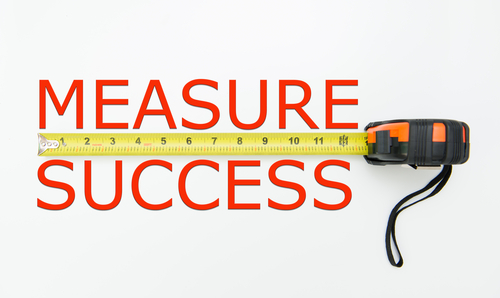As we struggle to manage our businesses in these challenging times, I’m a little surprised there is not much air-time given to – what we should be measuring and how we should use it. So here are a few ideas – Things I know about Management Dashboards:
- Monthly financial results need to be available by the 7th working day after the month end. Any longer and your operations team are asleep and the information is becoming more useless by the second.
- Every material metric should be accompanied by a “significance statement” explaining why you should be worried or happy.
- All actual metrics should have comparables under budget, forecast and last year.
- Financials of all business units should explain the story of what just happened using the great secret truth – there are only two reasons for every financial variance – volume and yield. E.g. you sold $2.4m more software (that would be nice) because – you sold 100 more units at $19k = $1.9m and you sold 500 units in total at $1k more each unit = $0.5m, making up the $2.4m. Important to know stuff like that.
- Trends over time are much easier to see from graphs.
- Graphs need to be clearly labeled and their meaning understood by a 7th grader.
- Written reports should be one/two pages long with relevant and interesting backups relegated to appendices.
- 70% of businesses that go bust are forecasting profits for the three months post going bust.
- Technology has leveled the playing field of knowledge – a great curious question can now be answered almost every time by the system or if you like – work out, what questions you need answers to, before revamping your metrics system.
- Sales metrics need to be traced back to the behavior of a specific salesmen before accountability kicks in (and therefore action).
- Salesmen behavior is influenced by reliable real time data, long before the failure to produce is public knowledge.
- Trailing 12 graphs are powerful visual tools that extract the distraction of seasonality.
- There is only ever one Approved Annual Budget – subsequent changes are called Revised Forecasts otherwise you will be in a hell of a state!
- A Budget is a spreadsheet interpretation of a set of material, comprehensive policy statements.
- In almost all occasions if metrics look interesting their wrong.
- All metrics covering all departments are connected – metrics don’t recognize silos, departments – they just keep coming at you from every direction.
- A cash flow and a profit & loss are merely the difference between your two balance sheets produced at the beginning and end of a time period.
- Perfectly accurate monthly financial statements 10 days late are useless.
- What you measure relates directly to what you are – the business you are in. Parochial ratios that you need to measure, not relevant to 90% of other companies, are a good thing.
- Walls are great places to show accurate sales data measured on a consistent basis and displayed in a recognizable format.
- Measuring the reliability of forecasts improves the reliability of forecasts.
- Stopping the facts getting in the way of a good story can prove fatal.
- Understanding why we are successful is as important as why we fail.
http://rpc.technorati.com/rpc/ping








